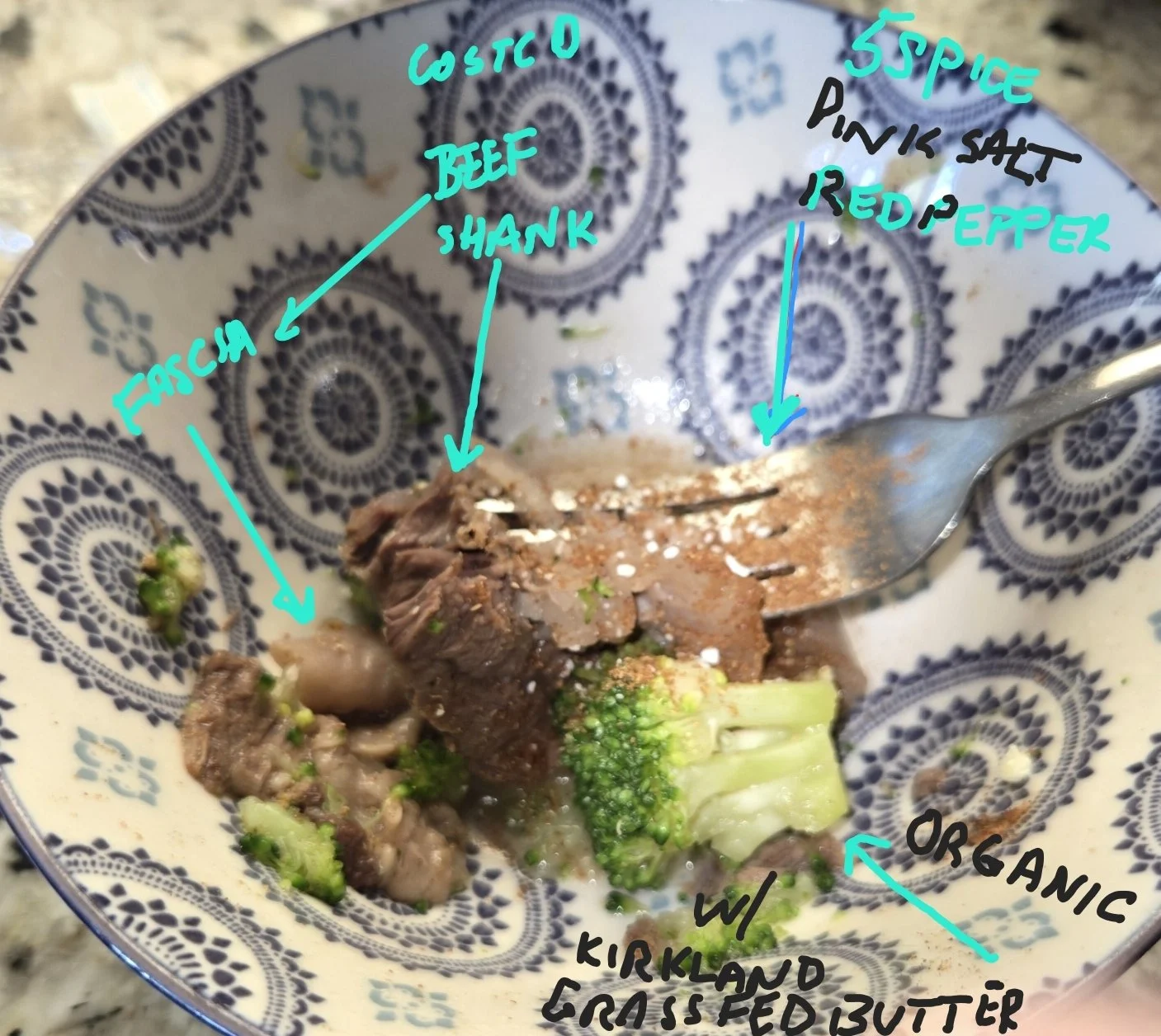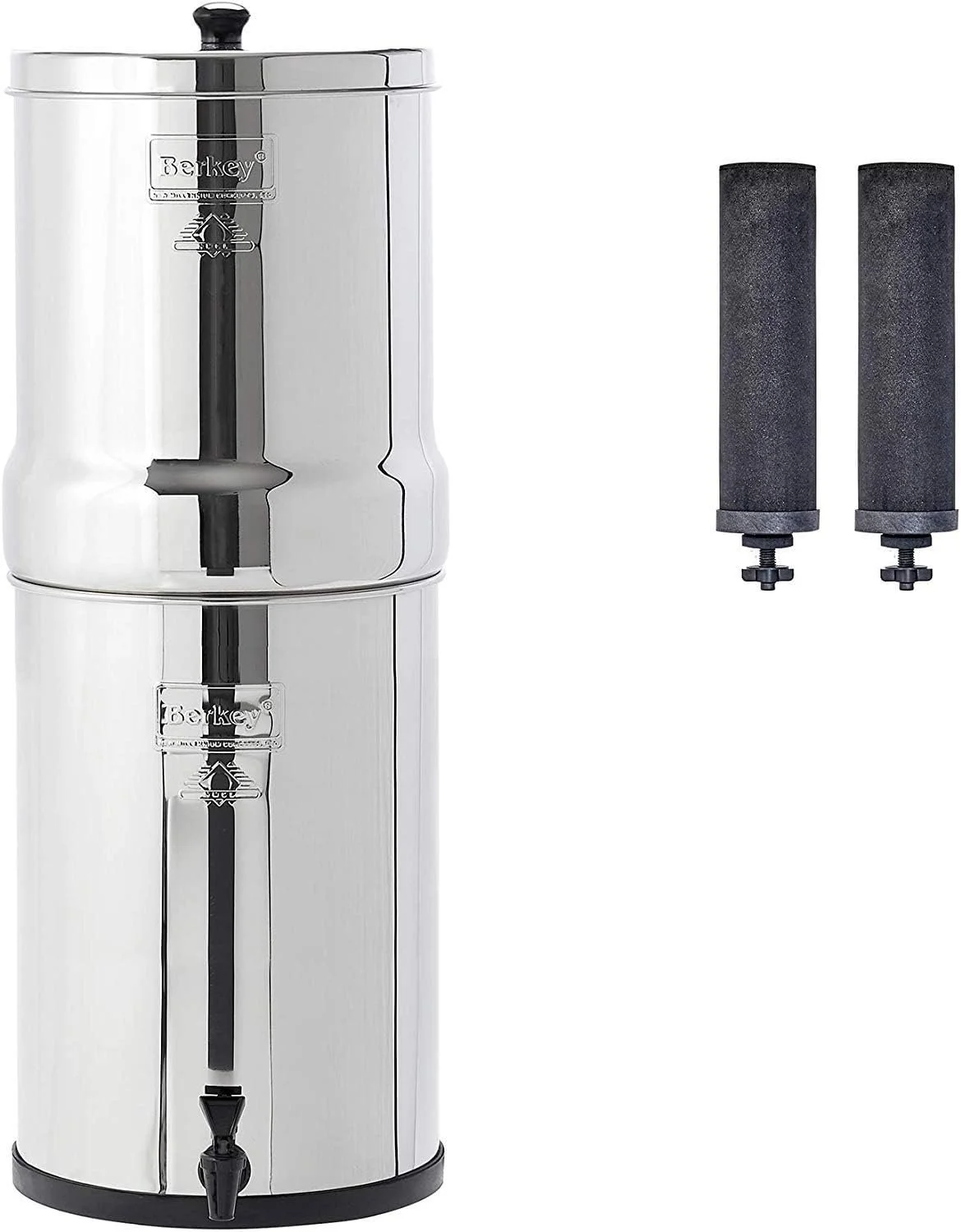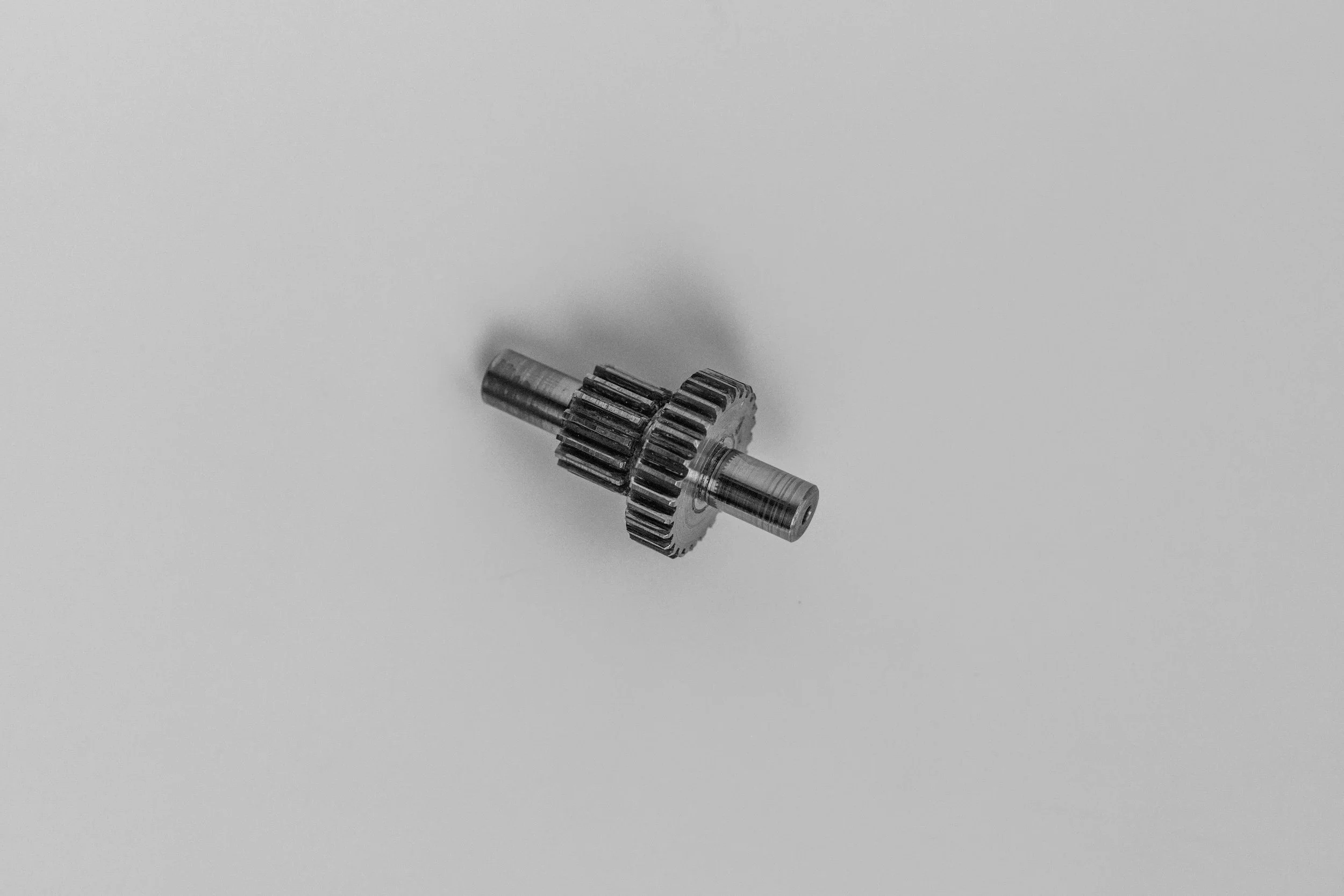How to Make Delicious Fermented Vegies!
/Fermented Indonesian Pickles (Acar) Recipe
This is my search on https://chatgpt.com/. Use this at your own discretion to check for accuracy. When I search recipes it usually is accurate and then you just modify it according to your own preferences. To Start, I chose cauliflower (cruciferous), cucumbers, zucchini, Garlic, carrots. Remember that when you use cruciferous vegetables such as cauliflower or cabbage, which cabbage is very typical (i.e. Kimchi, Sauerkraut), that it can have a goitrogenic effect and affect your thyroid negatively. So I use cruciferous vegetables in moderation. That's why it's not good to do just sauerkraut all week or just kimchi all week. Otherwise, they are robust with nutrition! Variety is key and I would eat the vegetables you choose for the multiple benefits.
Here are some of the benefits:
It's God's Refrigeration method prior to the advent of Refrigerators, it makes vegetables last for weeks in the refrigerator after you ferment them.
You have 4 trillion good organisms like bacteria and fungi in your gut, our modern diet and antibiotics kill all those. so when you eat them every day to replenish them then you'll have a healthy gut for the rest of your life.
Ingredients: I chose this recipe because I recalled an Indonesian recipe that my mom used to make for me that I really liked. They are Indonesian pickles (ACAR), so you would just choose the vegetables that you want and the herbs that you want for your own preferences.
Vegetables:
- 1 cup carrots, julienned or cut into matchsticks
- 1 cup cucumbers, julienned or cut into matchsticks (preferably seedless cucumbers)
- 1 cup green beans, cut into 1-inch pieces
- 1/2 cup cabbage, thinly sliced (optional)
- 1/2 cup shallots, thinly sliced (optional)
- 1-2 red chilies, thinly sliced (adjust to taste)
For the Brine:
- 4 cups water (non-chlorinated)
- 1.5-2 tablespoons sea salt, kosher salt, or Himalayan pink salt, I use Premier Pink Salt (tested laced with the heavy metal Nickel)
- 2 cloves garlic, thinly sliced
- 1 teaspoon turmeric powder (or a small piece of fresh turmeric, grated)
- 1/2 teaspoon coriander seeds (optional)
Instructions:
1. Prepare the Vegetables:
- Wash and cut the vegetables as specified. The traditional cut is julienned or matchstick-sized for carrots and cucumbers, but you can adjust based on your preference.
- Place all the prepared vegetables in a large mixing bowl.
2. Prepare the Brine:
- Dissolve the salt in the water. You can warm the water slightly to help the salt dissolve, but make sure it's cooled to room temperature before using.
- Add the turmeric and coriander seeds (if using) to the brine. Be Creative and choose various herbs to your heart’s content! Please don’t use pre-made spice mixes without reading the label! Many contain flavors, autolyzed yeast, etc. These have hidden chemicals and hidden MSG. Watch out for outright MSG as well!
3. Pack the Vegetables:
- Pack the vegetables tightly into a clean glass jar or fermentation crock, leaving some space at the top (about 1 inch).
- Pour the brine over the vegetables, ensuring they are fully submerged. You may need to use a fermentation weight or a clean object (like a small jar) to keep the vegetables submerged under the brine.
- Add the garlic slices on top, or mix them in with the vegetables.
4. Fermentation:
- Cover the jar with a lid (loosely if not using an airlock) or a clean cloth secured with a rubber band to allow gases to escape while keeping dust out.
- Place the jar in a cool, dark place at room temperature (around 60-70°F or 16-21°C) for 3-7 days.
- Check the pickles daily to ensure the vegetables remain submerged in the brine. Taste the pickles after 3 days to see if they’ve reached your desired flavor. They should be tangy and slightly effervescent.
5. Refrigerate:
- Once the pickles have reached the desired tanginess, remove any weight, seal the jar with a lid, and transfer it to the refrigerator. The fermentation will slow down, and the pickles will keep for several months.
6. Serve:
- Serve your fermented Acar as a probiotic-rich side dish or condiment with your meals





































